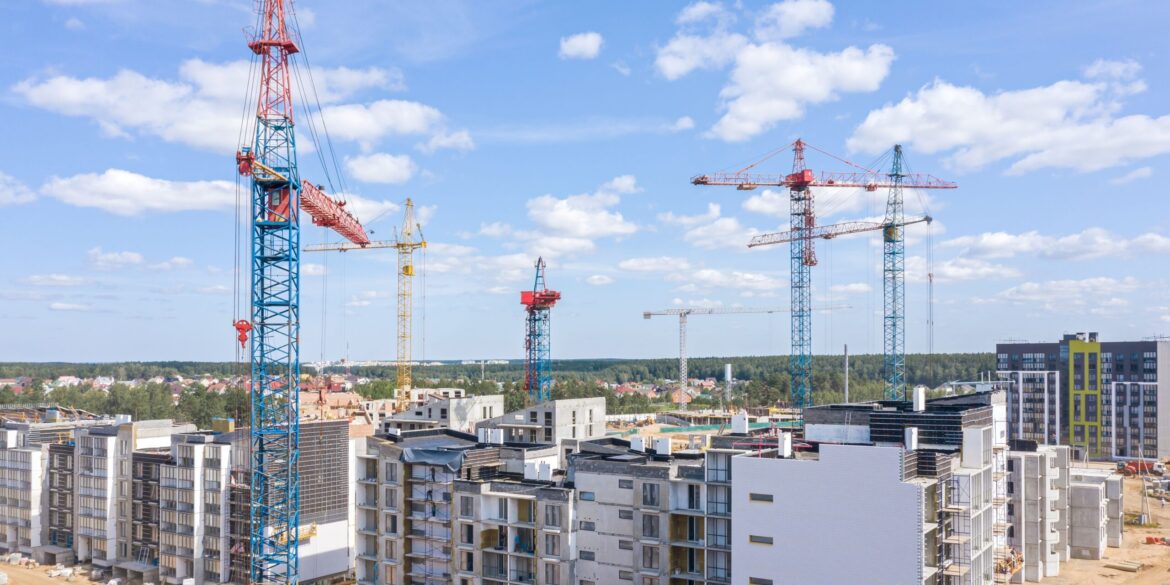Bismarck, ND, USA – On June 7, 2025, the North Dakota State Legislature passed a major infrastructure bill aimed at improving connectivity in the state’s rural areas. The bill, known as the “North Dakota Rural Connectivity Act,” is a Republican-led initiative designed to address the state’s growing transportation and broadband needs in its less populated regions. The bill passed with significant support from Republicans, who argued that the proposal would help bolster the state’s economic competitiveness by improving infrastructure in underserved communities.
Governor Doug Burgum, a vocal supporter of the bill, celebrated its passage as a necessary step in ensuring that rural North Dakotans have the same access to modern infrastructure as their urban counterparts. “This bill will ensure that North Dakota remains a leader in economic growth, providing our rural communities with the tools they need to thrive,” Governor Burgum said in his remarks. The bill focuses on expanding broadband internet access and upgrading transportation infrastructure, including repairing roads and bridges that serve as vital links between rural towns and larger metropolitan areas.
A key provision of the bill is the allocation of $300 million in state funds to broadband expansion, aimed at bringing high-speed internet to remote areas of North Dakota, where access has traditionally been limited. Additionally, the bill includes provisions for improving road networks and enhancing public transportation options for rural communities, which often face challenges in maintaining reliable connections to larger urban centers.
Proponents argue that improving infrastructure in rural areas will not only improve the quality of life for residents but also attract new businesses to the state, particularly in sectors like agriculture and tech. Republican lawmakers, including State Senator Jerry Klein, emphasized that enhancing connectivity is essential for job growth and economic diversification in North Dakota. “These investments will open up new opportunities for businesses to expand and for workers to access better jobs,” Klein stated.
However, the bill has not been without its critics. Democrats have raised concerns that the bill may be too focused on infrastructure projects that benefit large corporations and that it could lead to budget shortfalls in other critical areas like education and healthcare. State Senator Tim Mathern, a critic of the bill, argued that while improving infrastructure is important, lawmakers must also ensure that funds are allocated to essential public services. “We can’t afford to prioritize one area over the others,” Mathern warned.
A survey conducted by the North Dakota Policy Council after the bill’s passage showed that 65% of North Dakotans supported the infrastructure bill, with a large portion of rural residents believing that better broadband access would help their communities. However, 30% expressed concerns that the funding could be used more effectively in other areas.
As the bill moves forward, the state government is preparing to implement the broadband expansion and road upgrades, with an emphasis on rural areas. While many are hopeful for the positive impacts, the long-term success of these efforts will depend on both their execution and their ability to maintain a balanced fiscal approach.

